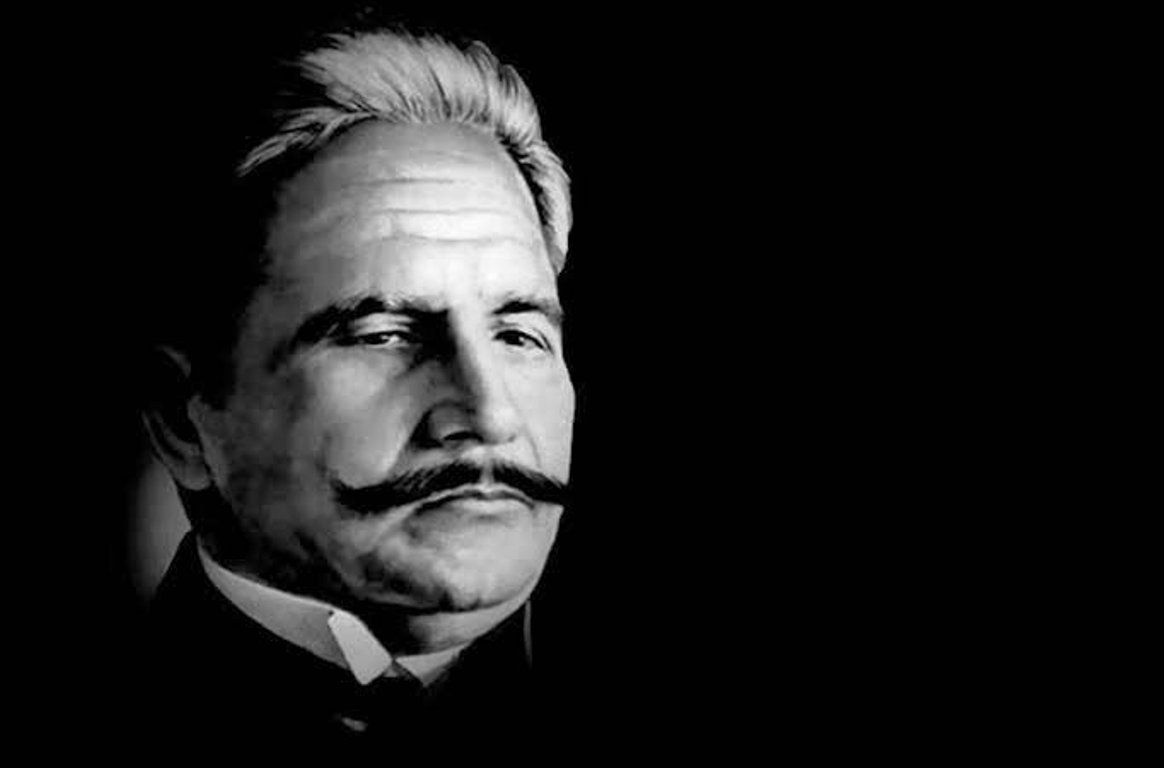Plenty of data is available on the internet about the “relationship” between Kashmir-origin poet, Allama Iqbal and the Mumbai-born Bohra Muslim intellectual, Atiya Fyzee (1877-1967), the first Muslim woman who studied at Cambridge. Born to Hasnally Feyzhyder, a Mumbai cloth and spices trader connected with Ottoman Empire, and his second wife, also his cousin, she was born in Istanbul. She studied at Catholic English School and later was enrolled at Maira Grey College England. In 1905, Iqbal visited Europe to study philosophy at Cambridge and law at London’s Lincoln Inn. His dissertation on Persian metaphysics earned him a doctorate from Munich University. It was during this stay that he started knowing Atiya Fyzee, then a sensation in the academic circles of the subcontinent. A young medical doctor, Hamd Nawaz, living across the Redcliff divide, has recently posted a series of bits of information about the two great intellectuals of their era. These are reproduced to add to the information already about the gossip between the two.

It is 1905. A 28 years old young lad who is famous in his country as a poet moves to England. One day, his Indian Hosts in Cambridge tell him that he has to take dinner invitation to a girl who lives in a town nearby.
Iqbal has heard of this woman before. She is in her twenties, one of the first Muslim girls to ever come study arts in England, a writer and a critic. Iqbal has read her works and is deeply impressed to see such intellectual depth in a woman of the subcontinent. He makes his journey.
When he reaches there, he crafts his point by wit and humour. “I’ve never failed in my life and I hope you won’t break my series by refusing to accept this invitation”. Smiling, Attiya accepts. When she visits, Iqbal gets Indian food specially prepared for her. She’s humbled.
And hence, over a meal; starts a companionship which travels through philosophy, poetry, art, music, metaphysics and above all; life. Iqbal asks her out for a dinner and she gladly comes. Picnics, walks, museums and talks. England sees it all. Her imagination and his words.

Iqbal later writes about these days as the “best ones he ever had”. He has never met a Muslim woman who can challenge his mental faculties the way she does. He develops a deep admiration for her. At one point he says “I can’t hide anything from you, I consider it a sin”
Time goes by and Iqbal has to come back to Lahore. The letters, however, keep flowing. She advises him on matters of life, he shares the ache of his heart. He is worried when she’s upset. He refuses to get into Hyderabad’s Nizam’s protection when Attiya urges him against it.

They shared a mental intimacy where they completed each other’s words. “My dear Ms Attiya” the letters would start and go on telling stories of his troubled domestic life, would tell how much he regards her and end on “Yours, SM Iqbal”. Friendship? Love? They never said anything.
So many still wonder why they never married or if they had a romance strong enough to do so. Iqbal remarried twice, but couldn’t get the peace he wanted. Attiya married a Christian painter, Rahmin, who took her religion and name to become Rahmin Faizi. And, she was happy.

After marriages, both lost their contact. But Iqbal was saddened and grieved. When they met again by chance in Lahore, he wrote a couplet
Aalum Joush-u-Janoon Main Hai, Rawa Kya Kya Kutch?
Kahiyay Kya Hukm Hai, Deewana Banoun Ya Na Banoun?
But the ship had sailed. The famous poet was late for it.
And hence, in a life which is usually shadowed by the big stature of Iqbal as a “National Poet” and “Muslim Philosopher”; lies an aspect, an incomplete tale. It shows an angle of him which is human, relatable and can make mistakes. And in this case, a lot of excuses.
It’s said that he wasn’t the only one burnt by this flame. Allama Shibli Naumani liked her to the extent of writing poetry, letters and proposals for her. She later came to Pakistan with her husband when one of her admirers, Jinnah, asked her for help to build this new country.

But whatever she was, beyond stories and speculations; one thing is for sure. She could mesmerise poets and artists. And value culture for what it is. She later formed an art institute in Burns Gardens, Karachi which couldn’t see its completion due to governmental negligence.
She gave half the land to Arts Council though, on which it still stands. She could’ve gone back to India to her rich family, but she settled here only to die in negligence. She breathed her last in Nagar Hotels and her memory still colours the history with what “could’ve been”!
Some verses Shibli wrote for her:
Kyoun Hougi
Kahayal-e-Roza Wa Fikr-e-Wazu Hougi Tou Kyon Hougi
Kahan Yeh Lutf, Yeh Sabza, Yeh Manzar Yeh Baharistan.















